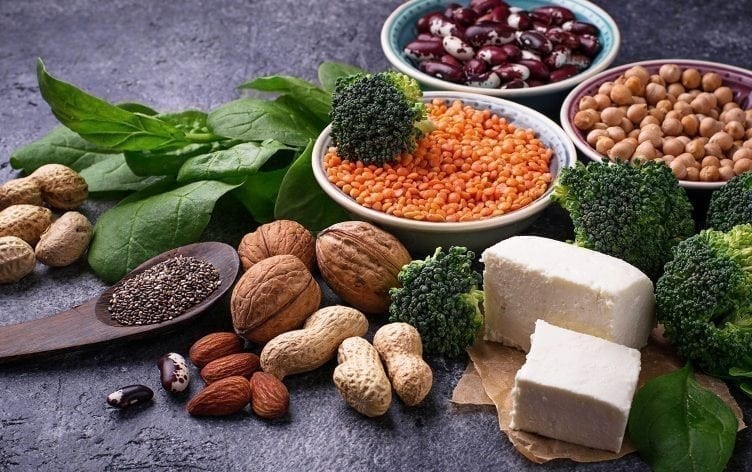LESS ANIMAL-BASED FOOD FOR A BETTER WORLD

We have bad news for meat lovers: vegans protect the world more than you!
According to recent research, especially at Oxford University, the consumption of animal foods such as milk and meat reduces a person's carbon footprint by up to 70%. Of course, this reduction is mainly related to the way in which animal foods are produced. 75% of the land used for global agriculture is devoted to the production of animal food. To understand this size, you can think of the total size of the US, China, Australia, and the EU. So there is a huge reduction. The remaining areas are sufficient for the entire population. Why is this reduction necessary? Because the loss of natural areas destroyed to make the mentioned production is the biggest threat to wildlife. As demand for these products grows, so do the destroyed areas.
The most up-to-date and comprehensive of these studies was published in the Scientific Journal. In this study, the analysis of approximately 40,000 farms in 119 countries was examined. The researchers examined a total of 40 agricultural products that account for 90% of global protein and calorie consumption. The effects of these foods from producer to consumer on land use, greenhouse gas emissions, fresh water use, water and air pollution were extensively evaluated. The results showed that the environmental impact of animal products was significantly higher than that of vegetable products. Global meat and milk production is responsible for 60% of agricultural greenhouse gas emissions and accounts for 37% of our diet and an average of 18% of the calories we receive. So a small change in our lives is going back to the world as a big change.
On the other hand, different techniques for producing the same food showed great differences in environmental impacts. For example, cattle raised in natural pastures consume 50 times less soil than those grown on deforested land. According to the study, cultivation methods on deforested lands can cause 12 times more greenhouse gas emissions. When it comes to vegetable proteins, greenhouse gas emissions for soybean and pea products are very low and much safer than animal protein production.

According to Joseph Poore, director of the study, vegan nutrition is the best way to reduce an individual's environmental footprint. Consumption of plant-based foods not only reduces greenhouse gases but also global acidification, eutrophication, soil and water use. The effect of this reduction is much greater than reducing flights or buying electric cars because these measures only reduce greenhouse gas emissions. In an interview with The Independent, he says that avoiding consumption of animal products provides far more environmental benefits than trying to buy sustainable meat and dairy products.
Based on all this information, we expect to see more vegan meatballs, vegan cheese, and vegetable milk in the markets in the coming days. For taste and structure, food science continues to produce new solutions that are pleasing to both health and taste.
We are ready to be your solution partner for your new product ideas. You can contact us for more information.
